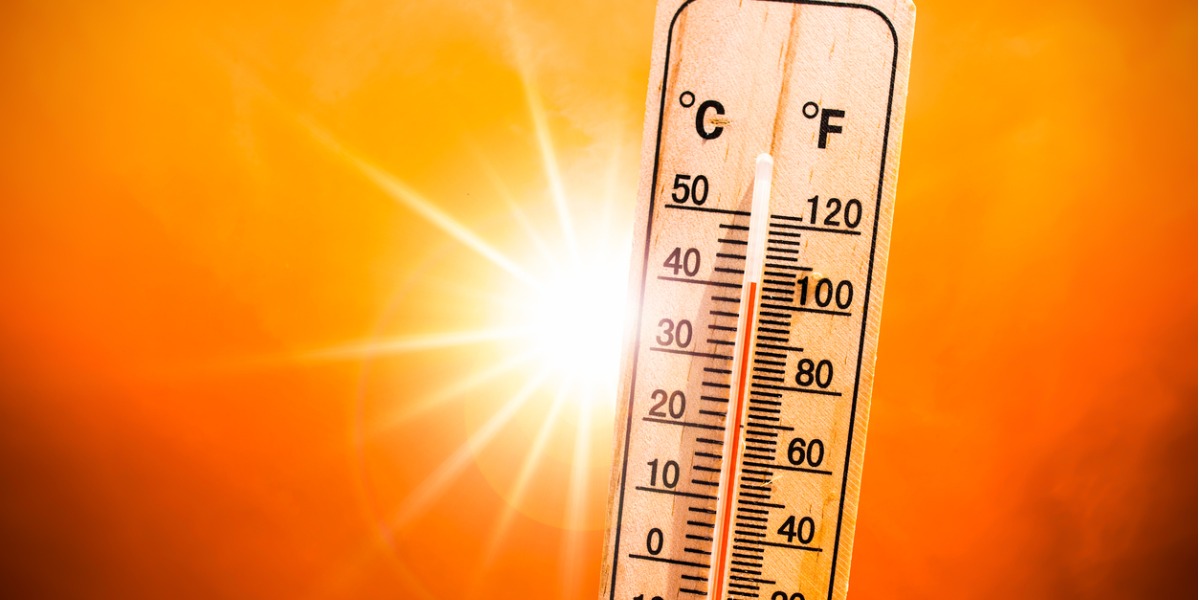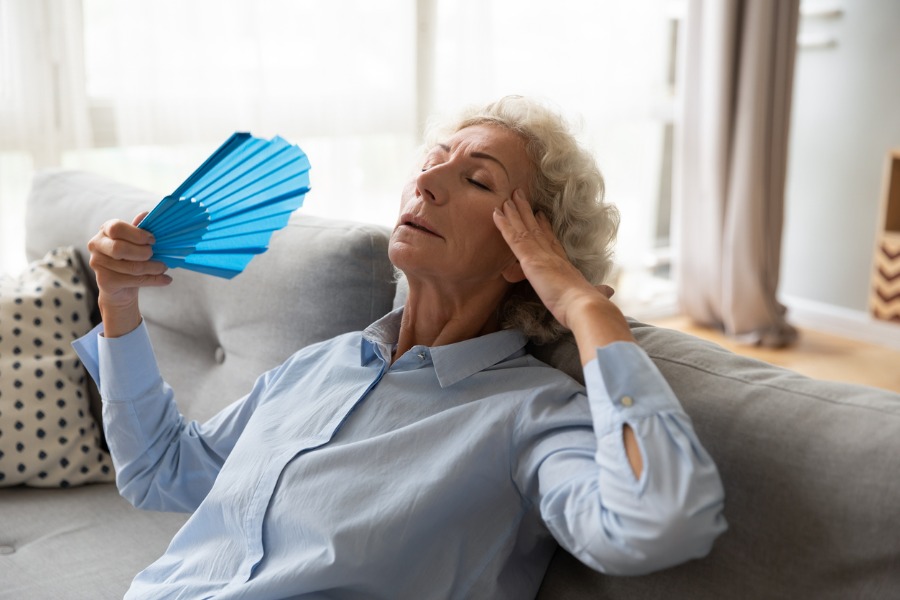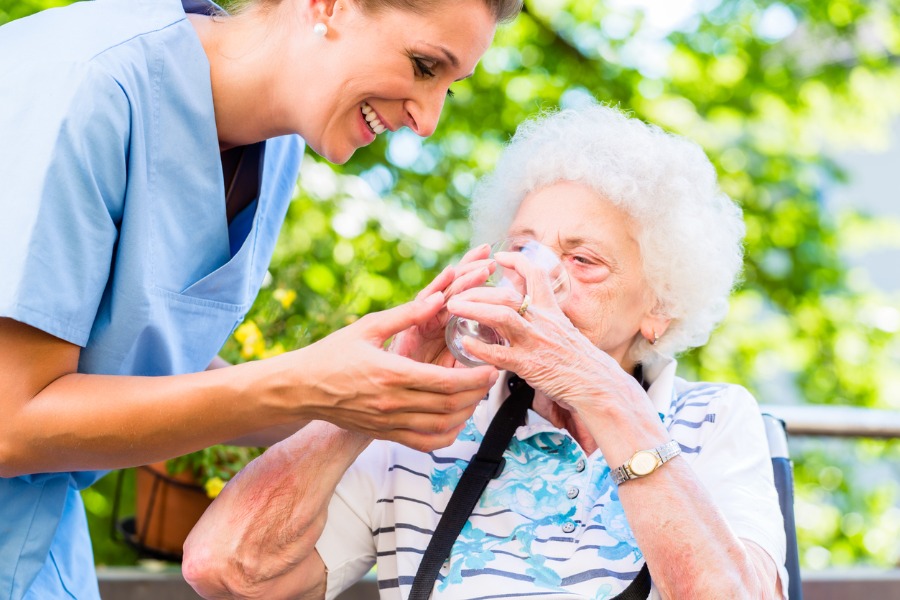
For many families, the warm summer months in Orange County, CA bring to mind beach trips, cool drinks by the pool, and lazy afternoons in the park. However, as temperatures rise, even seemingly harmless activities can increase the risk for another summer staple: dehydration. Not drinking enough fluids, especially when temperatures are soaring, can pose serious health problems for anyone. Therefore, in July, August, and September, seniors in Orange County are at particular risk for dehydration.
Senior Citizens and Dehydration
Older adults are more susceptible to dehydration, and there are a few reasons for this.
First, muscle mass and kidney functioning change as we age. This makes it more difficult for the body to preserve water and use it effectively.
The sense of thirst also diminishes. For many Orange County seniors, this means that they may not realize they are thirsty until their body begins to experience some of the effects of dehydration.
A senior who is incontinent of bladder might also choose not to drink fluids. For instance, they’ll say they are not thirsty even when their mouth is parched and their skin is dry. In their mind, the risk of accidents is simply too high, and they don’t want to face embarrassment. This is especially true in a public place or during a family get together.
Certain medications affect a senior’s ability to retain water. Prescription and over-the-counter products like diuretics, antihistamines, laxatives, antipsychotics and corticosteroids sometimes deplete electrolytes and water stores in the body. This increases the risk of dehydration for senior citizens.
Symptoms of Dehydration in Seniors

As a family caregiver, it’s important to remain aware of the risk of dehydration and watch for signs that indicate your aging loved one needs water or is experiencing fluid loss. Keep in mind that even a 1-2% water loss can impact your loved one’s health. If you notice any of these symptoms, get your loved one to a cooler spot, offer a drink of water, and seek medical attention if symptoms persist.
Signs of Severe Dehydration
- Dry mouth or swollen tongue
- Bad breath
- Uncharacteristic or very sudden sluggishness or exhaustion
- Headaches
- Constipation
- Little or no urination
- Dark yellow or amber-colored urine
- Dry skin – pinch it to see if it remains folded after you pull your fingers away
- Uncharacteristic irritability, severe or persistent dizziness, or marked confusion
- Low blood pressure
- Rapid breathing and increased heartbeat
- A weaker than normal pulse
- Fever or chills
Preventing Dehydration

As with most things, the best way to protect your aging loved one from the affects of dehydration is to prevent it. Here are some simple ways to encourage your senior loved one to increase their fluid intake on a more regular basis.
- Follow the “8 glasses of water a day” rule as closely as possible
- Offer water frequently whenever your loved one is outdoors
- Ensure that a bathroom is nearby and easily accessible so that the senior feels comfortable about drinking water
- Encourage a glass of water or other healthy beverage at every meal
- Leave water out so it’s easily accessible
- Limit caffeine intake as beverages like coffee can act as a diuretic
- When outdoors, offer shade in addition to a beverage
- Help to make water more interesting by adding cut fruit, water enhancer drops or a splash of fruit juice
- Use broths, popsicles, milkshakes, or smoothies to help make staying hydrated tastier
- Encourage your loved one to eat fruits and vegetables. These are hydrating food choices
- Experiment with different water temperatures – for instance, some people prefer an iced glass of water, while others prefer room temperature or even moderately warmed beverages
- If your loved one suffers from Alzheimer’s or another form of dementia, leave notes around the house reminding them to drink water
As a final note, it’s important to recognize that some medical conditions, including heart failure, COPD, kidney failure and diabetes, can impact the amount of water your loved one needs to consume. As a result, it’s essential to consult with your loved one’s doctor before adapting a hydration plan. Above all, remain extra-vigilant when it comes to recognizing the signs of dehydration, and notify the senior’s doctor immediately if dehydration is persistent or severe.
Senior Heat Awareness Presentation
Salus Homecare is proud to partner with UCI Health to offer a free Zoom presentation with Thomas Azeizat, MD on Heat Awareness and staying cool in the summer months. This informative session will take place August 24, 2021 from noon to 1:00 PDT. It will help you to better understand heat-related illnesses, and also the signs and symptoms to watch out for. Download our brochure for more information and to RSVP for your spot today.



